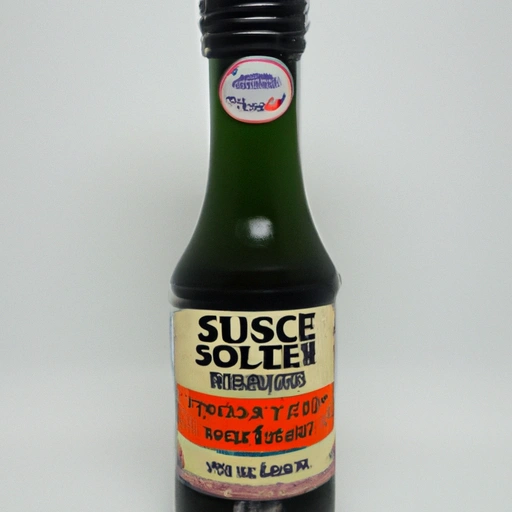Oyster Sauce
Description

Oyster sauce is a thick, dark brown condiment made from oyster extracts that have been boiled down and combined with sugar, salt, and sometimes soy sauce. It is widely used in Asian cuisine to enhance the flavor of numerous dishes with its unique combination of sweetness, saltiness, and umami. It's commonly available in bottles ranging from a few ounces (approximately 28 ml) to larger sizes such as a pint (about 473 ml) or more, making it easy to use whether you're cooking for one or for a large group.
Common uses
Oyster sauce is primarily used in cooking to enhance flavor and add a savory depth to dishes. It is a key ingredient in many stir-fries, marinades, and sauces, and is also used as a topping for steamed vegetables, meats, and tofu. Its versatility means it can be found in recipes from all across Asia and beyond.
Nutritional value
Calories
Oyster sauce typically contains around 20 calories per tablespoon (15 ml).
Protein
While not a significant source of protein, oyster sauce can have up to 1 gram per tablespoon (15 ml).
Fat
Oyster sauce is generally low in fat, with less than 1 gram per tablespoon (15 ml).
Carbohydrates
Most of the calories in oyster sauce come from carbohydrates, with about 2-4 grams per tablespoon (15 ml).
Vitamins
Oyster sauce may contain small amounts of vitamins such as vitamin B12 and vitamin D, depending on the brand and manufacturing process.
Minerals
The sauce can also provide trace minerals like zinc, calcium, and iron from the oysters.
Health benefits
Oyster sauce may contribute to your daily intake of some micronutrients, like vitamin B12 and minerals such as zinc and iron. These are essential for various body functions, including immune support and energy metabolism.
Potential risks
Consumers with shellfish allergies should avoid oyster sauce. It also tends to be high in sodium, which can be a concern for those watching their salt intake. Additionally, some brands may contain monosodium glutamate (MSG) or caramel coloring, which can be problematic for sensitive individuals.
Common recipes
Oyster sauce is commonly used in dishes like Beef with Broccoli, Lo Mein, and various stir-fried vegetables. It's also an ingredient in the classic Chinese brown sauce used as a base for numerous recipes.
Cooking methods
This sauce can be added directly to stir-fries or used as a marinade for meats and seafood. It's also a common seasoning for braised dishes and stews.
Pairing with other ingredients
Oyster sauce pairs well with green leafy vegetables like bok choy and spinach, as well as with proteins like beef, chicken, and tofu. It complements garlic, ginger, and sesame oil beautifully in many recipes.
Summary
Oyster sauce is a versatile and flavorful ingredient that can bring a unique richness to a variety of dishes. Its balance of sweet, salty, and umami flavors make it an essential condiment in many Asian-inspired recipes, but it can also be used in innovative ways in Western and fusion cooking. Due to its high sodium content, it should be used in moderation, particularly by those with dietary salt restrictions. Always check the label for potential allergens or additives if you have food sensitivities.